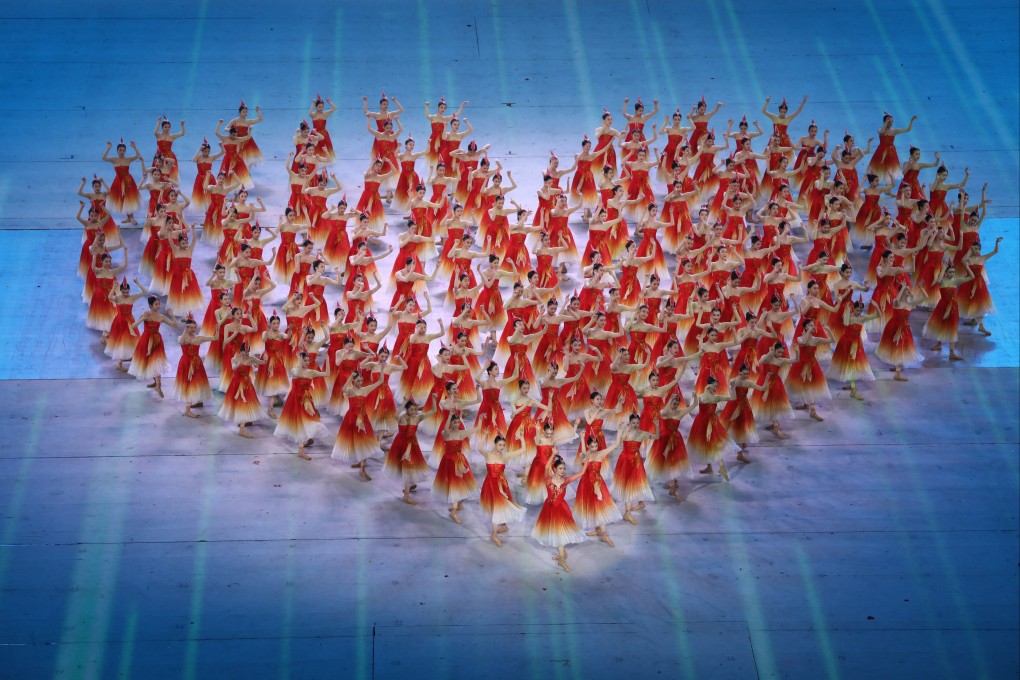Advertisement
Opinion | How China’s Communist Party centenary celebrations reflected the strength of its political model
- China’s strength in mass mobilisation and organisation, which was on full display at the Communist Party’s centenary celebrations, is also apparent in its coronavirus response
- It is a system that has deep historic roots and has delivered results for the people
Reading Time:4 minutes
Why you can trust SCMP
74

To mark the hundredth birthday of the Communist Party of China, about 70 representatives of Hong Kong’s government, political parties, community organisations, business and professional sectors were invited to Beijing to join the celebrations.
In addition to multiple coronavirus tests before and after arrival, invitees were quarantined in their hotel pending attendance in the mass cultural performance at the National Stadium in Beijing on June 28 and the grand gathering at Tiananmen Square on July 1.
Once guests had arrived at the venues, the reasons for the exceptionally tight coronavirus and security screening requirements became apparent. At the performance of “Great Journey” at the National Stadium, 13,000-15,000 performers were estimated to be on stage, while another 20,000 spectators, including top leaders, were in the audience.
Advertisement
At the grand gathering at Tiananmen Square, about 70,000 representatives from all over the nation were gathered together.
That meant any lapse in anti-coronavirus precautions could risk infecting large numbers of people, and spreading the virus all over the country.
China’s power of mass mobilisation and organisation was on full display at the spectacular “Great Journey” performances, and the impressive tributes to the Communist Party on July 1. Yet the way the party has succeeded in protecting the nation from the ravages of coronavirus, by dint of its massive mobilisation and organisational power, the willingness of the people to observe rules and make sacrifices for the greater good, does not stop Western media from continuing to mock China as “closed and authoritarian”.
Advertisement
Select Voice
Choose your listening speed
Get through articles 2x faster
1.25x
250 WPM
Slow
Average
Fast
1.25x

